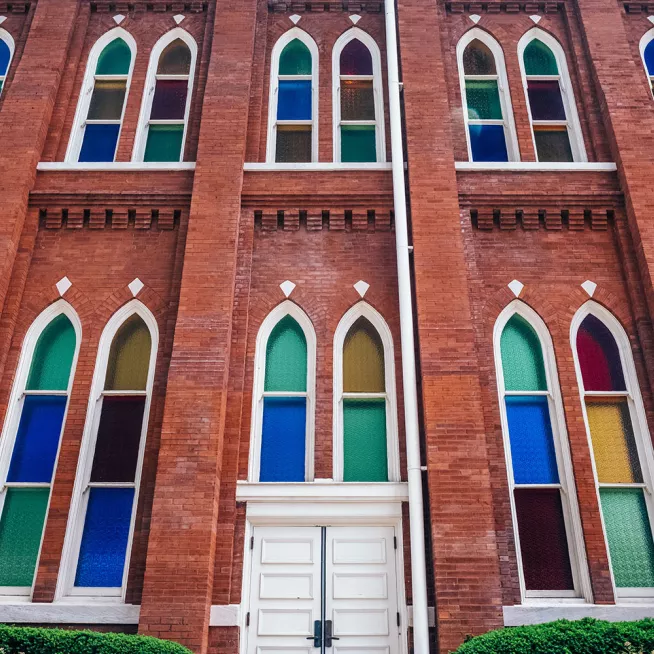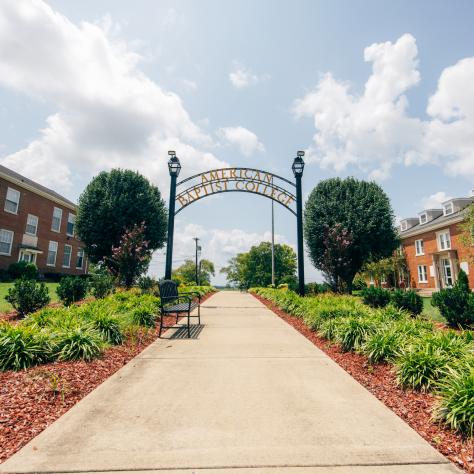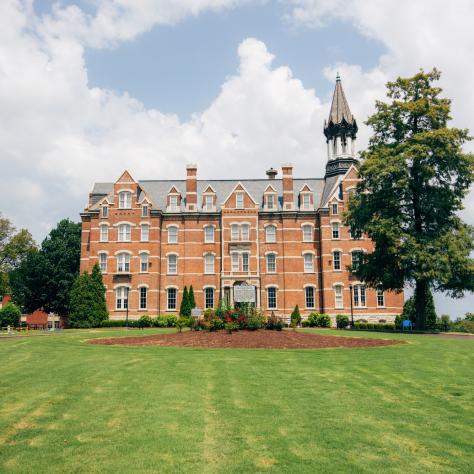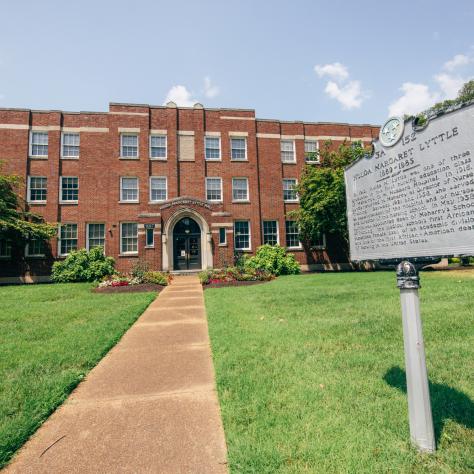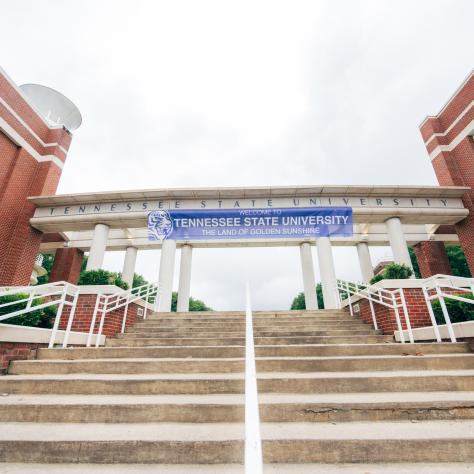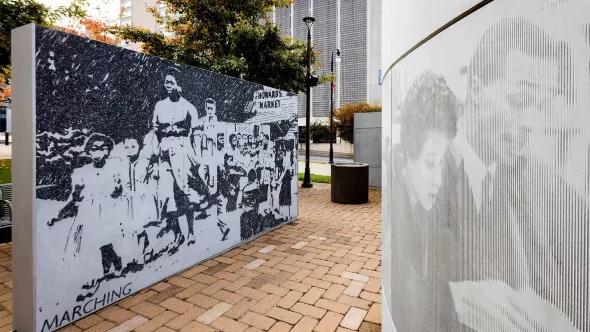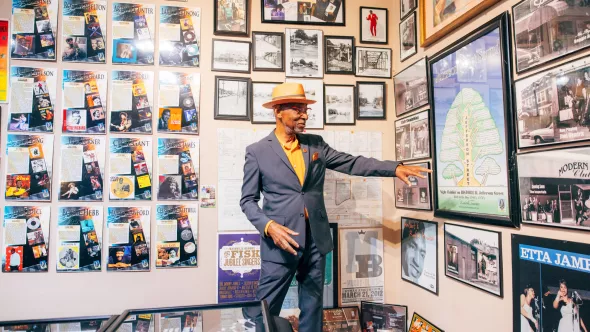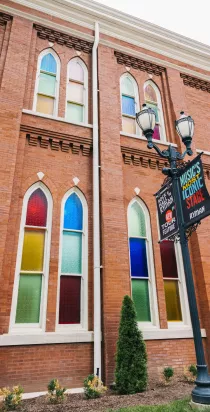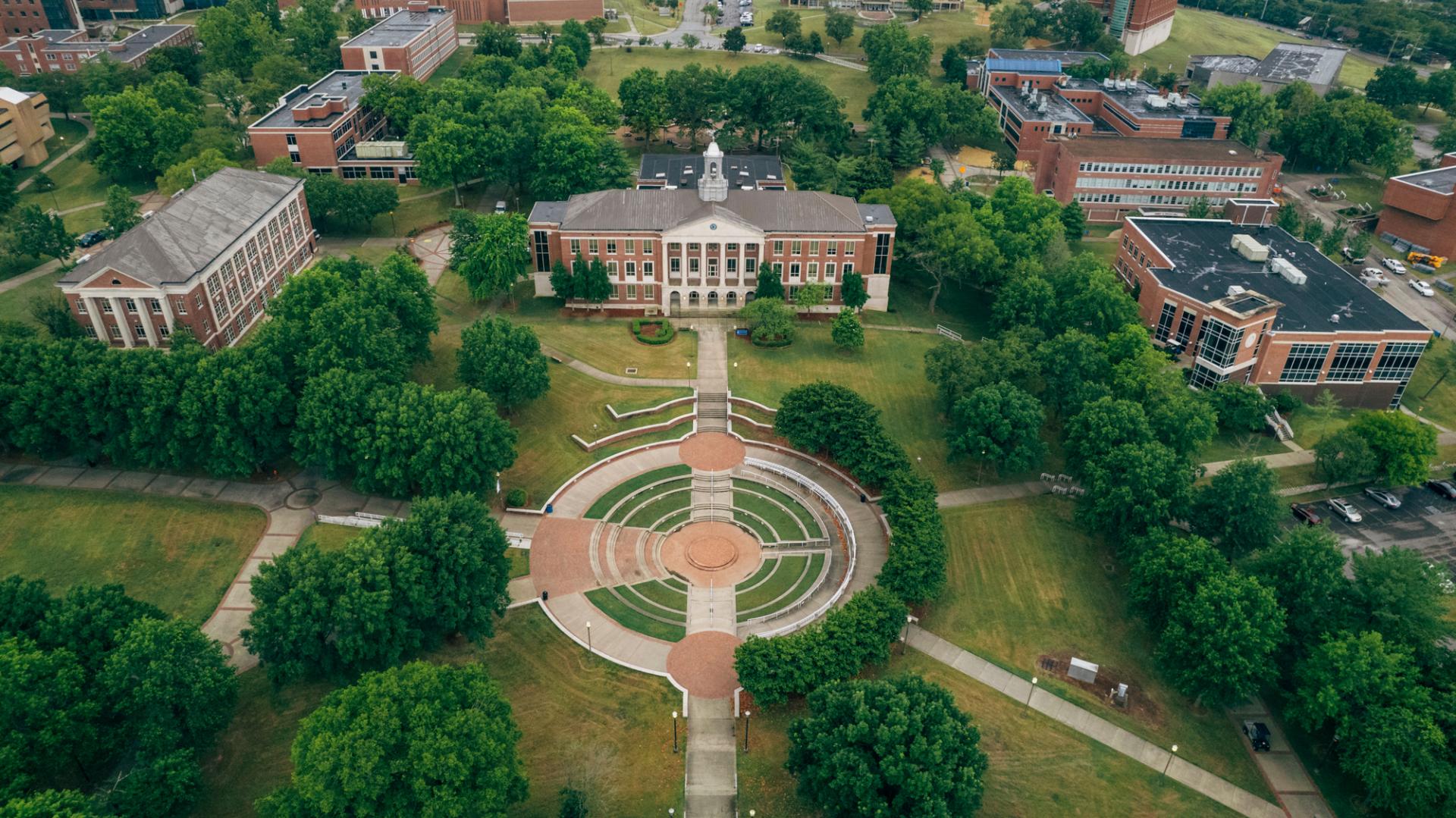
Nashville's Historically Black Colleges & Universities
Breadcrumb
Discover stories behind Nashville's Historically Black Colleges and Universities that gave educational opportunities for many African Americans who were once legally denied an education.
History of Historically Black Colleges & Universities
Historically Black Colleges and Universities (HBCUs) gave educational opportunities to many African Americans who were once legally denied an education. Today, all HBCUs across the United States continue to play a vital role in America's prosperity—academically, socially, and economically.
American Baptist College
The idea of a seminary for the training of Black Baptist ministers grew out of a conversation between National Baptist leaders and Dr. O.L. Hailey. In 1914, the National Baptist Convention and Southern Baptist Convention met together and recommended that the college be established in Memphis, Tennessee. It was later decided to establish the College in Nashville. American Baptist College formally opened its doors for the training of Christian workers under the name of the American Baptist Theological Seminary on September 14, 1924. Now a Historically Black College with a liberal arts emphasis, ABC aims to educate, graduate, and prepare diverse students, regardless of their age, class, ethnicity, gender, or race, for Christian leadership, service, and social justice in the world.
Notable Alumni Include Rep. John Lewis, C.T. Vivian, Bernard Lafayette, and James Bevel—all prominent civil rights leaders—as well as Leroy Gilbert (chaplain of the US Coast Guard), Cleavant Derricks (minister and musical director), and others who have made an incredible impact in the Civil Rights movement and beyond.
The American Baptist College celebrated its 100th Anniversary in 2024.
Fisk University
Fisk University is the oldest institution of higher learning in Nashville and is home to the world-renowned Fisk Jubilee Singers. In 1865, three men — John Ogden, the Reverend Erastus Milo Cravath, and the Reverend Edward P. Smith — established the Fisk School in Nashville. The school was named in honor of General Clinton B. Fisk of the Tennessee Freedmen's Bureau, who provided the new institution with facilities in former Union Army barracks near what is now Nashville's Union Station. In these facilities, Fisk convened its first classes on January 9, 1866, with students ranging in age from seven to seventy.
Notable Alumni Include: W. E. B. Du Bois (author, civil rights activist, historian), Ida B. Wells (journalist, educator, civil rights leader), Rep. John Lewis (congressman, civil rights leader), Marion Barry (politician, long-time DC Mayor), James Weldon Johnson (writer, activist, songwriter), Nikki Giovanni (poet, writer, activist), Dr. Johnetta Cole (anthropologist, educator, college president), Aaron Douglas (artist, educator), Judith Jamison (dancer, choreographer), Matthew Knowles (Record Executive and Beyonce’s father), Kim Whitley (comedian, actress), Mandisa (music artist), and many others.
The Fisk Jubilee Singers celebrated their 150th Anniversary in 2021.
Meharry Medical College
Meharry Medical College has the highest percentage of African Americans graduating with PhDs in the biomedical sciences in the country, as well as a leading producer of African American primary care physicians and dentists. Today, the nation’s largest private, historically Black academic health sciences center has trained thousands of health care professionals.
Notable Alumni Include: Dr. Hastings Kamuzu Banda, Willie Adams Jr., Dr. Donna P. Davis, Edward S. Cooper, John Henry Hale, Corey Hebert, and many others. Dr. David Satcher served as Meharry’s President (1982-1993) before serving as U.S. Surgeon General under the Clinton and Bush administrations.
Tennessee State University
In 1909, the Tennessee State General Assembly created three normal schools, including the Agricultural and Industrial Normal School. The first 247 students began their academic careers on June 19, 1912, and William Jasper Hale served as head of the school. Students, faculty, and staff worked together as a family to keep the institution operating, whether the activity demanded clearing rocks, harvesting crops, or carrying chairs from class to class. The school gained the capacity to grant bachelor’s degrees in 1922, reflecting its new status as a four-year teachers’ college. In 1927, “Normal” was dropped from the name of the college. When President Hale retired in 1943, one of the institution’s alumni, Walter S. Davis, was selected as his successor. Until his retirement in 1968, Davis led the college through an era of tremendous growth in academics and facilities that led to worldwide recognition. The Tennessee General Assembly of 1941 authorized a substantial upgrade to the educational program of the college formally dropping "Agricultural & Industrial" from the university's name, which became Tennessee State University. The first master’s degrees were awarded in June 1944.
Notable Alumni Include: Oprah Winfrey, Ed Temple, Wilma Rudolph, Moses Gunn, Xernona Clayton, Ambassador Dr. Bobby Jones, U.L. “Rip” Gooch, Senator Thelma Harper, Young Buck, Chandra Cheeseborough, Richard Dent, Dr. Catana Starks, current president Dr. Glenda Glover, and many more.
Fun Facts:
- Over the course of his 40+ year career at TSU, Ed Temple coached 40 Olympians (including Wilma Rudolph and Wyomia Tyus) – resulting in his Tigerbelles bringing home 23 medals (13 gold, 6 silver, and 4 bronze).
- 121 TSU football players have been drafted by the NFL (second most football players selected from a Football Championship Subdivision).
- The TSU Aristocrat of Bands was the first HBCU band to appear on national TV (1955 - Bears vs Rams game) and was the first to march in a presidential inaugural parade (1961 - JFK).


